Matt Haimovitz - Goulash! (2005)
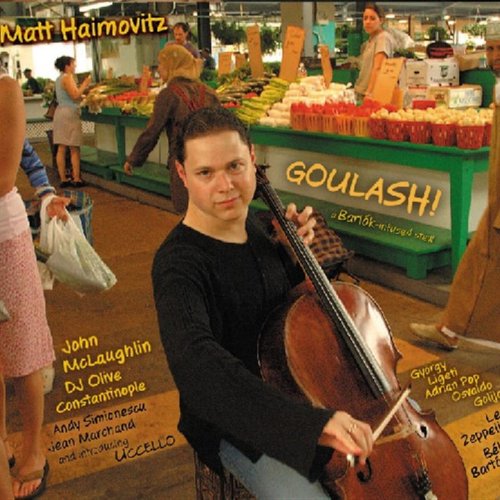
Artist: Matt Haimovitz
Title: Goulash!
Year Of Release: 2005
Label: Oxingale Records
Genre: Classical
Quality: FLAC (tracks)
Total Time: 01:08:55
Total Size: 362 Mb
WebSite: Album Preview
Tracklist: Title: Goulash!
Year Of Release: 2005
Label: Oxingale Records
Genre: Classical
Quality: FLAC (tracks)
Total Time: 01:08:55
Total Size: 362 Mb
WebSite: Album Preview
01. Kashmir
02. Romanian Folk Dances Part 1
03. Romanian Folk Dances Part 2
04. Romanian Folk Dances Part 3
05. Romanian Folk Dances Part 4
06. Romanian Folk Dances Part 5
07. Romanian Folk Dances Part 6
08. Goulash
09. Gordun (First Recording)
10. Oracion Lucumi
11. Sonata For Violoncello Solo Part 1
12. Sonata For Violoncello Solo Part 2
13. 1st Rhapsody For Violin And Piano Part 1
14. 1st Rhapsody For Violin And Piano Part 2
15. Menevse
16. Suite From 44 Duos Part 1
17. Suite From 44 Duos Part 2
18. Suite From 44 Duos Part 3
19. Suite From 44 Duos Part 4
20. Suite From 44 Duos Part 5
21. Suite From 44 Duos Part 6
22. Suite From 44 Duos Part 7
23. Suite From 44 Duos Part 8
24. Trans
Matt Haimovitz has made a reputation by taking his cello into venues where it wouldn't normally be found on-stage -- rock clubs, for instance, or folk coffeehouses. With his disc Goulash! he makes a breakthrough from novelty to major young innovator: he puts his rock and pop leanings together with works more typical of the concert hall in a persuasive and original way.
Haimovitz's central decision is to structure the CD around two works by Bartók, which both gives the music a unified feel and makes the intriguing proposition that the modern equivalent Bartók's use of folk music is an investigation of popular repertoires. Haimovitz moves forward in time from Bartók's Romanian Folk Dances (arranged, as is Led Zeppelin's "Kashmir," for four cellos) and selections from the 44 Duos, to works by Ligeti (who felt Bartók's influence strongly) and contemporary Romanian composer Adrian Pop. Teetering on genre borderlines are Osvaldo Golijov's Oración Lucumí (featuring jazz guitarist John McLaughlin) and an improvisation created by Haimovitz himself along with the Turkish ensemble Constantinople. Vernacular electronic influences come to the fore in two pieces featuring DJ Olive -- one of which, the album's title track, brings the whole enterprise full circle with a sample of Bartók singing one of the songs he recorded in the field. The two DJ Olive pieces are especially interesting. They don't have dance beats. Rather, they use electronic synthesis to create sounds that complement Haimovitz's cello -- which enters some pretty strange territory itself over the course of the disc. "Kashmir" is sort of an attention-grabbing curtain-raiser, but it is related to the rest of the music through its unusual minor-second scale. In addition to making up a stew of Eastern European ingredients, the works included represent aspects of Haimovitz's own familial and musical background. This is a remarkable collection of music that never sets out to shock or to proclaim itself as the new cool -- it simply tries to make a bit of sense of the bewildering variety of musical influences that surround us all, and it succeeds brilliantly.
Haimovitz's central decision is to structure the CD around two works by Bartók, which both gives the music a unified feel and makes the intriguing proposition that the modern equivalent Bartók's use of folk music is an investigation of popular repertoires. Haimovitz moves forward in time from Bartók's Romanian Folk Dances (arranged, as is Led Zeppelin's "Kashmir," for four cellos) and selections from the 44 Duos, to works by Ligeti (who felt Bartók's influence strongly) and contemporary Romanian composer Adrian Pop. Teetering on genre borderlines are Osvaldo Golijov's Oración Lucumí (featuring jazz guitarist John McLaughlin) and an improvisation created by Haimovitz himself along with the Turkish ensemble Constantinople. Vernacular electronic influences come to the fore in two pieces featuring DJ Olive -- one of which, the album's title track, brings the whole enterprise full circle with a sample of Bartók singing one of the songs he recorded in the field. The two DJ Olive pieces are especially interesting. They don't have dance beats. Rather, they use electronic synthesis to create sounds that complement Haimovitz's cello -- which enters some pretty strange territory itself over the course of the disc. "Kashmir" is sort of an attention-grabbing curtain-raiser, but it is related to the rest of the music through its unusual minor-second scale. In addition to making up a stew of Eastern European ingredients, the works included represent aspects of Haimovitz's own familial and musical background. This is a remarkable collection of music that never sets out to shock or to proclaim itself as the new cool -- it simply tries to make a bit of sense of the bewildering variety of musical influences that surround us all, and it succeeds brilliantly.
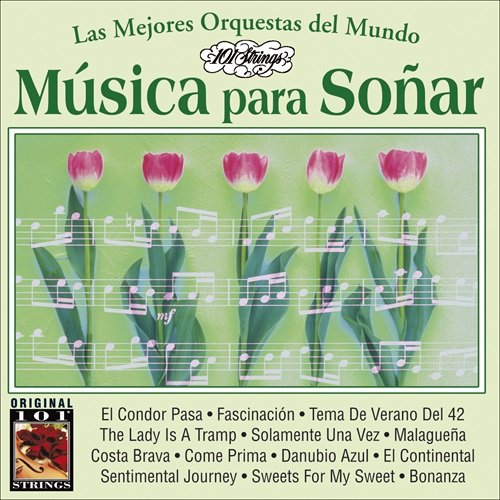
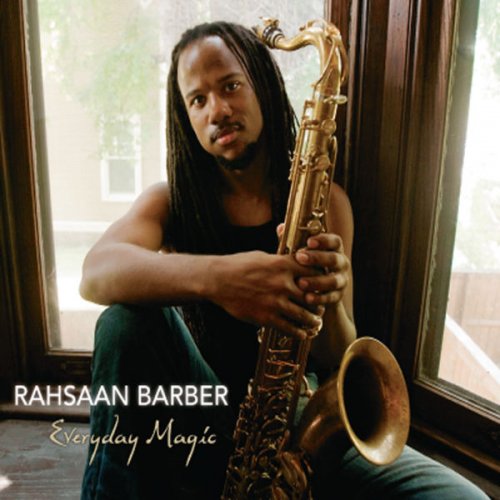
![Vince Guaraldi & Bola Sete - From All Sides (Remastered 2026) (1965) [Hi-Res] Vince Guaraldi & Bola Sete - From All Sides (Remastered 2026) (1965) [Hi-Res]](https://www.dibpic.com/uploads/posts/2026-02/1772124624_cover.jpg)

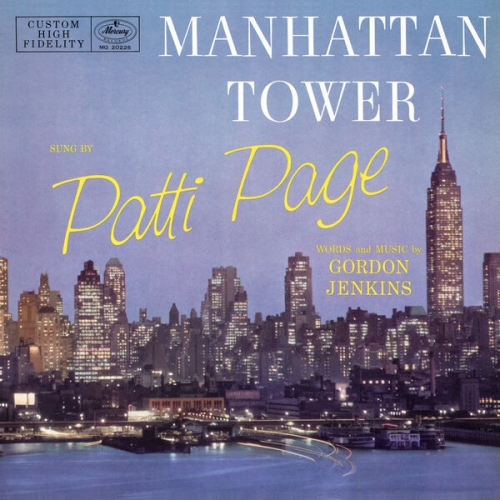
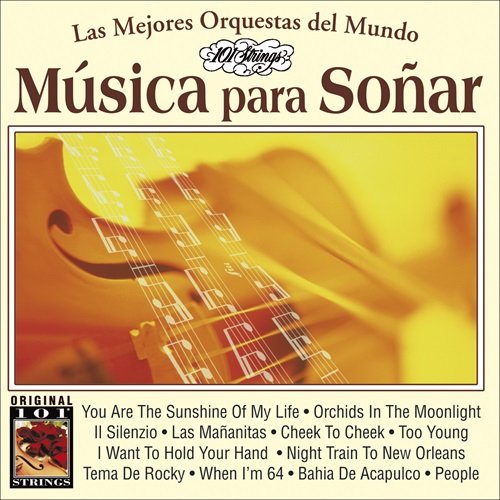

![Mammal Hands - Circadia (2026) [Hi-Res] Mammal Hands - Circadia (2026) [Hi-Res]](https://www.dibpic.com/uploads/posts/2026-02/1771945393_folder.jpg)
![Mark Nightingale, Alan Barnes & James Davison - Jazz Classics ...with a Twist (2026) [Hi-Res] Mark Nightingale, Alan Barnes & James Davison - Jazz Classics ...with a Twist (2026) [Hi-Res]](https://www.dibpic.com/uploads/posts/2026-02/1772036652_1.jpg)